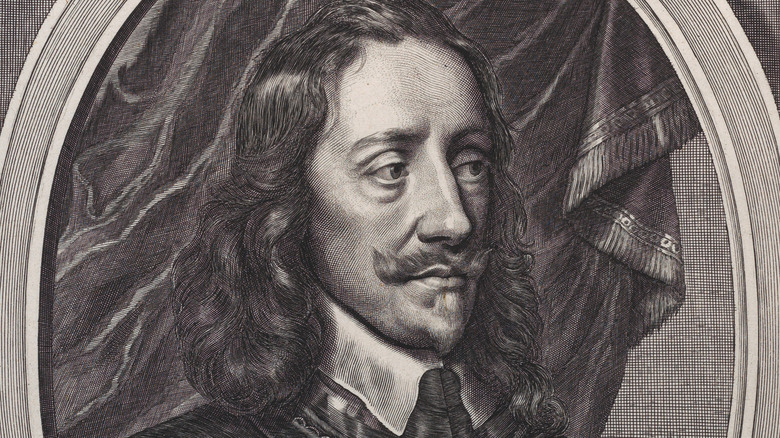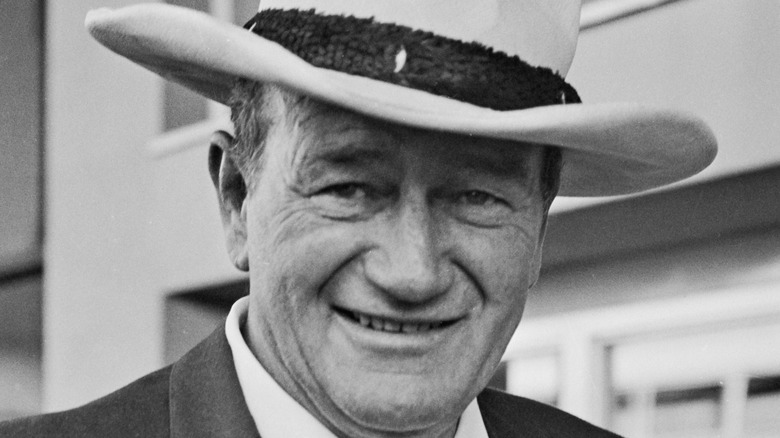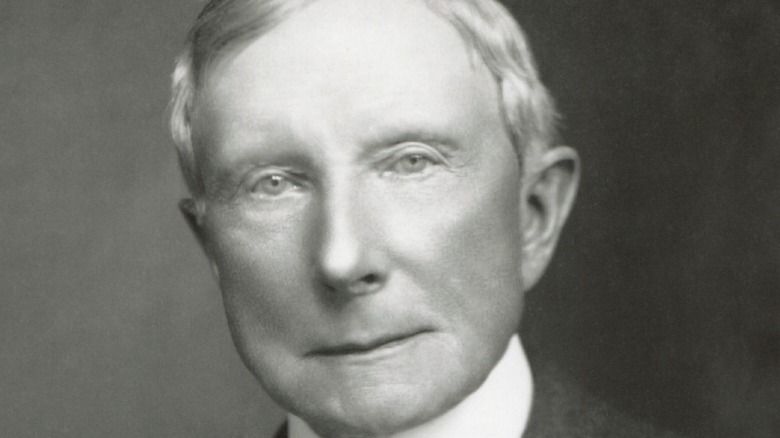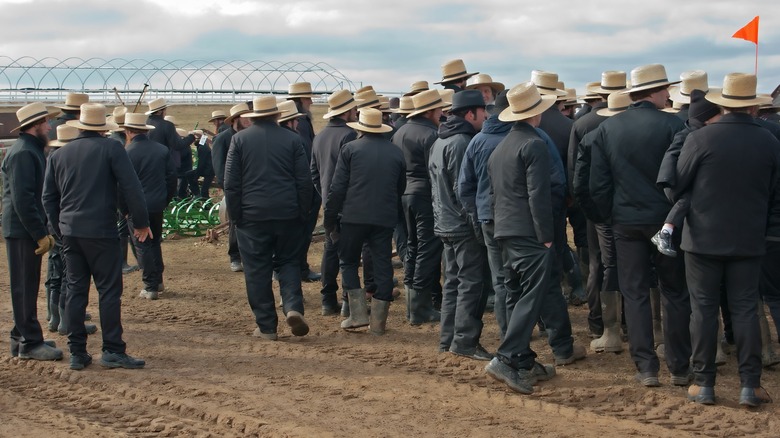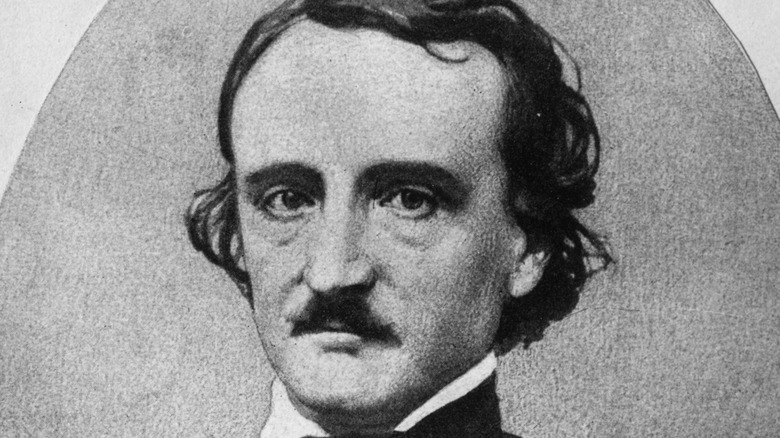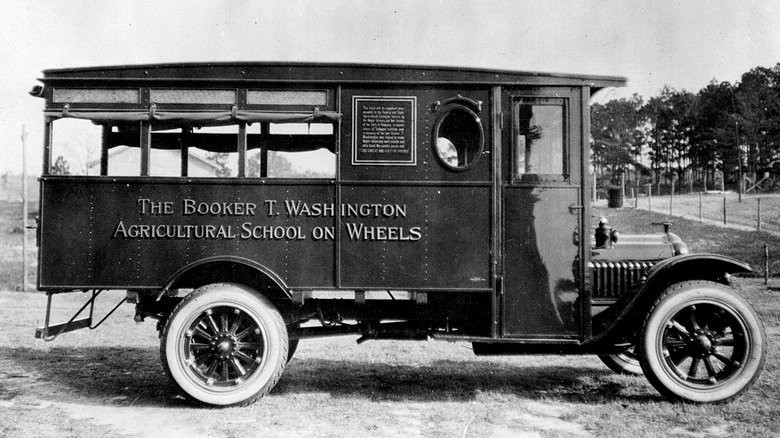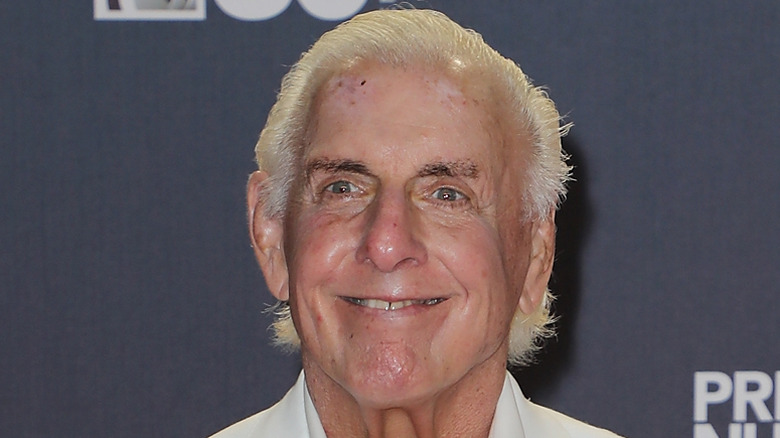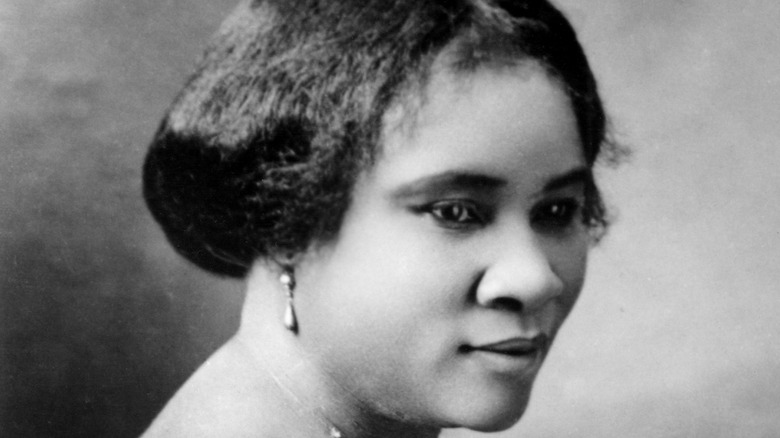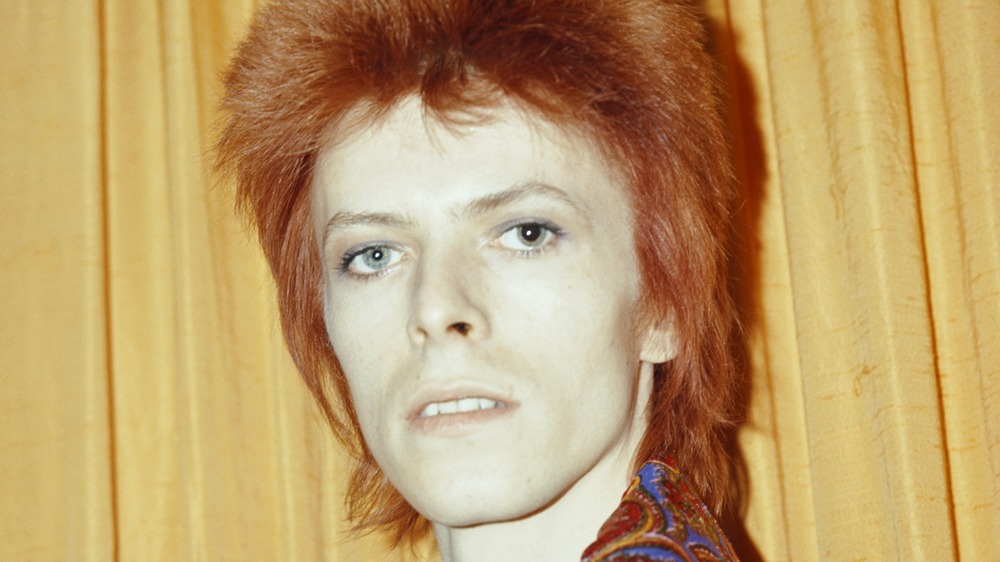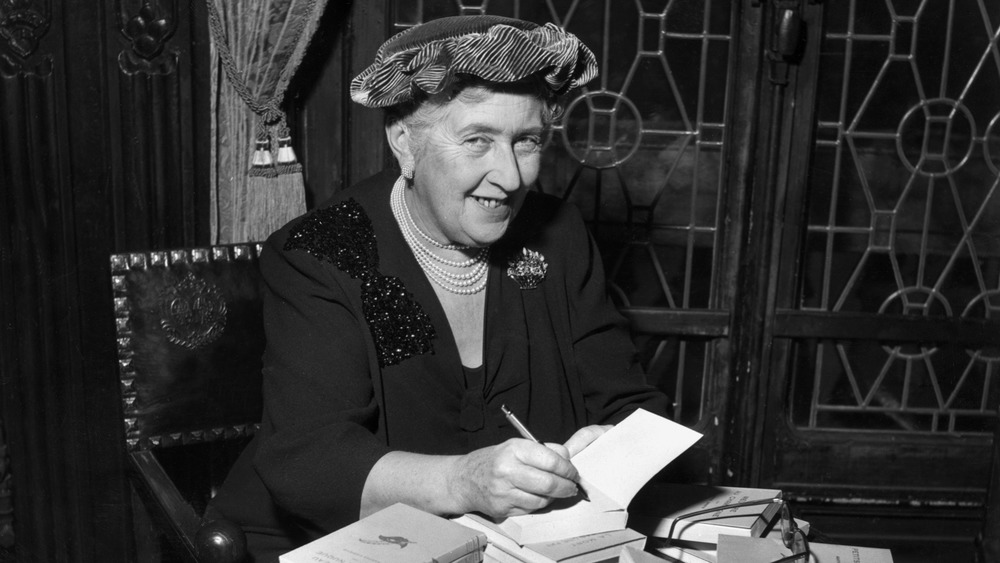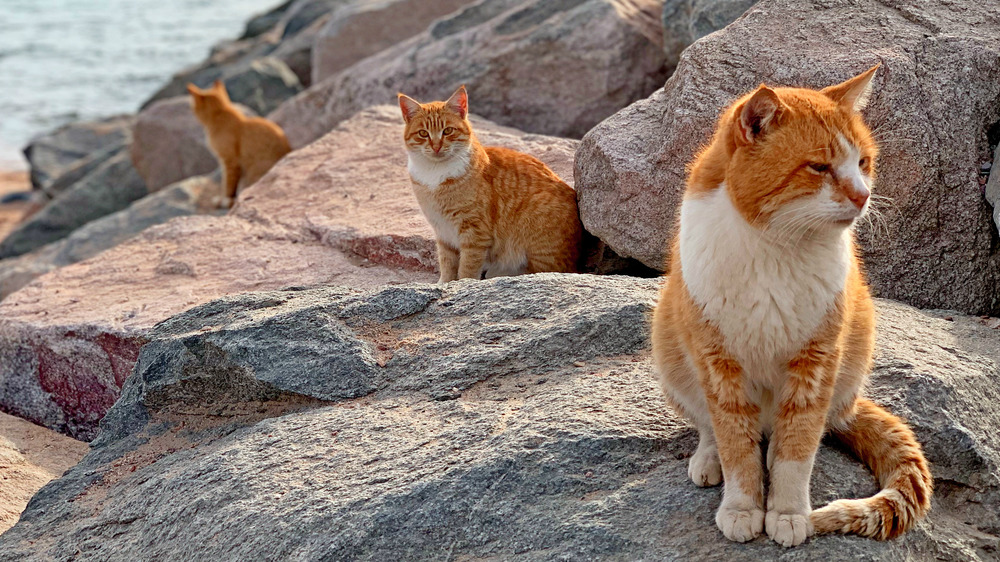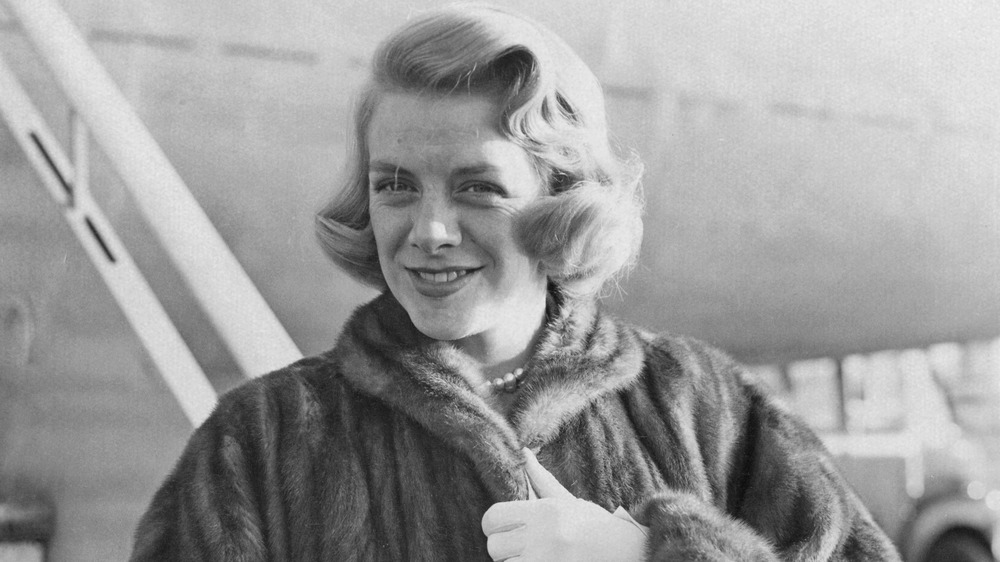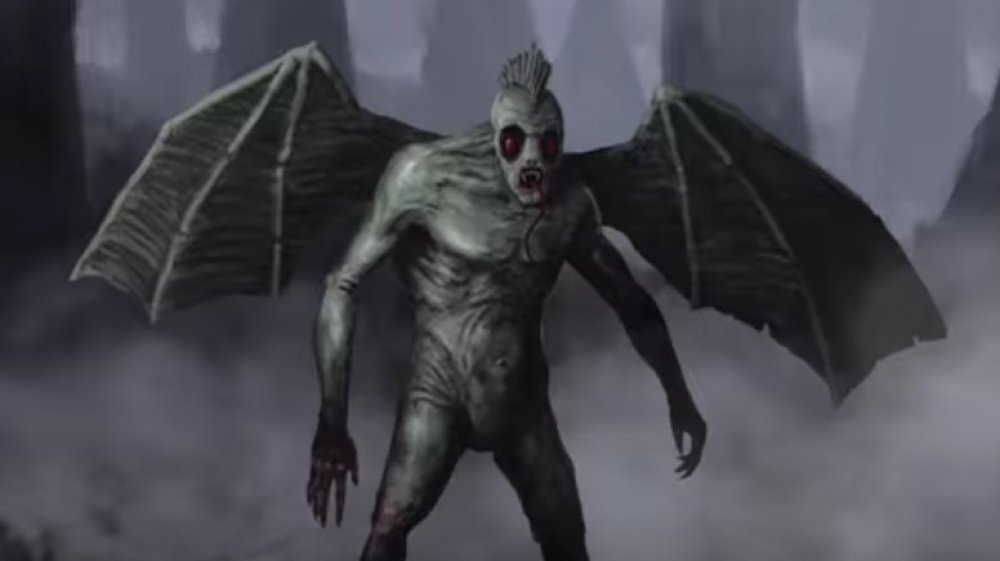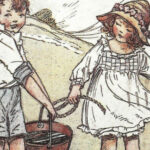
The Dark Origins Of The Jack And Jill Nursery Rhyme
We all probably know about Jack and Jill’s ill-fated trip up the hill to fetch a pail of water. While most of us have likely been familiar with that nursery rhyme since childhood, how many of us have wondered why exactly Jack and Jill had to go up the hill in the first place? Was there no closer water source? Well, it turns out that the “water” in question might not have really been water at all.
According to Nursery Rhymes of Mother Goose, the popular little ditty, which was most likely first published all the way back in the mid-1700s, may actually be referring to a 17th century tax on alcoholic beverages. Some believe that the supposedly cheerful nursery rhyme actually has its origins in the reign of King Charles I of England, and his attempts to raise taxes on measures of liquid. The original version of the rhyme featured Jack and Gill, which was eventually changed to “Jill” in later publications. A Gill also happened to be another term for a quarter pint measure of liquid, while a Jack, short for a Jackpot or a “double jigger,” was a measure of volume equal to a half-pint, according to Britannica.
A Jack and Gill were measures of volume
According to Owlcation, King Charles I wanted to implement tax reform by increasing taxes on Jacks, or half-pints, but Parliament refused to do so. Undeterred, the king decided instead to simply reduce the volume a Jack would hold, by lowering the imperial measure of the half-pint line, which was indicated by a crown symbol. Thus, Jack “lost his crown” and a reduced volume on the Gill soon followed, or “came tumbling after.” And with the volume on Jacks and Gills reduced, King Charles I got his tax increase without technically raising the prices on the beverages.
However, while this seems to be the most likely theory as to the origins of this popular nursery rhyme, it is far from the only one. Another common interpretation is the idea that the lyrics are really about the beheadings of France’s Louis XVI and his wife, Marie Antoinette, although the timeline of these events and the publication of “Jack and Jill” do not line up. The French Revolution was about 30 years after the publication of the nursery rhyme, thus making this theory unlikely, per Mental Floss.
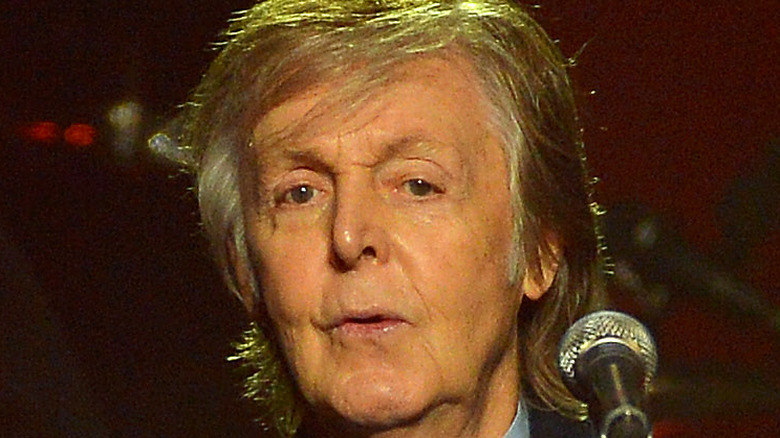
How Paul McCartney Ended Up As An Honorary NYPD Detective
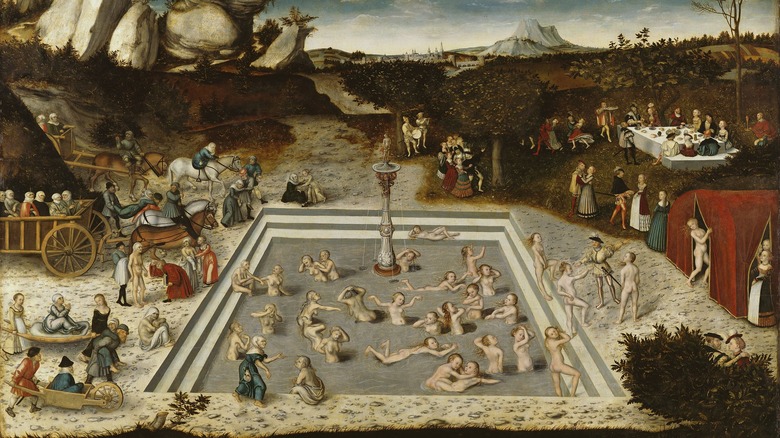
How The Legend Of The Fountain Of Youth Spread

The Unbelievable Way Jack Kerouac Wrote On The Road
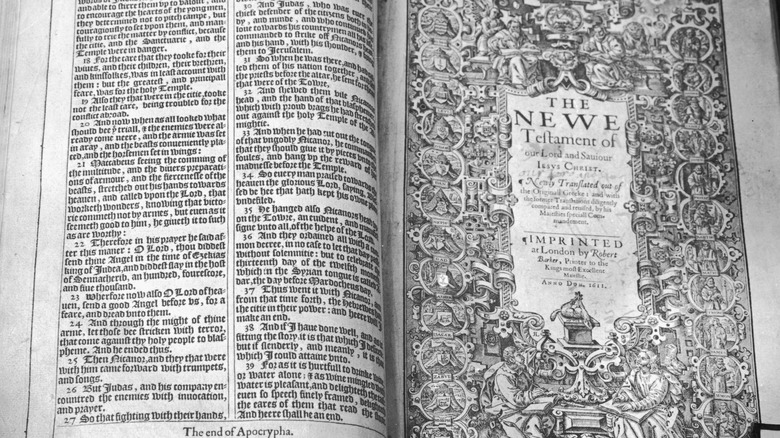
Why Many Christians Prefer The King James Bible
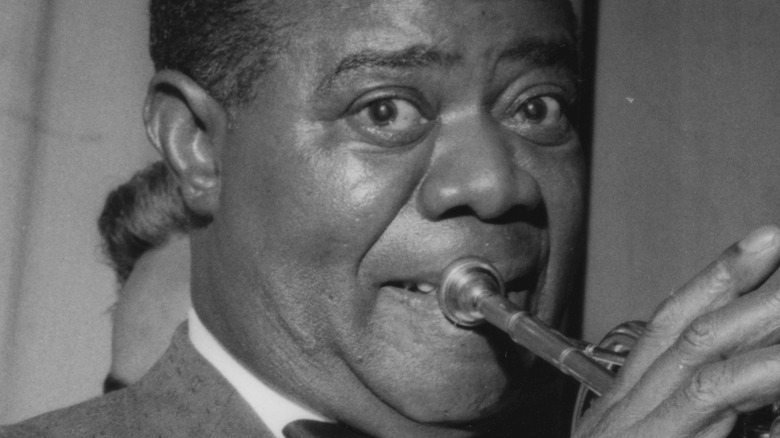
How Louis Armstrong's Lips Were Affected By His Playing Style
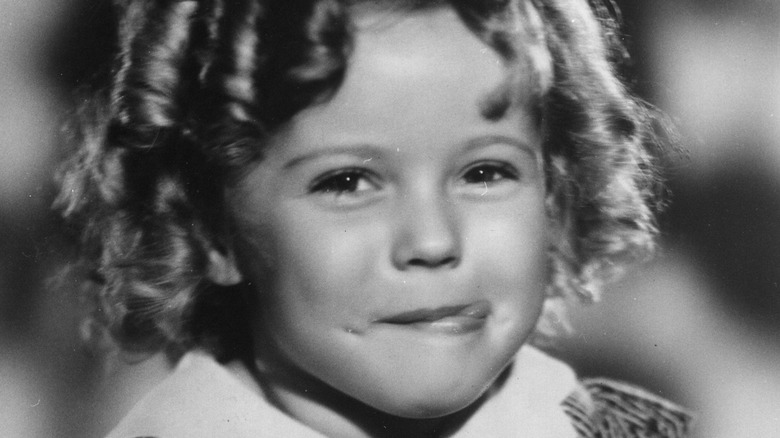
Crazy Things People Used To Believe About Shirley Temple

Sammy Gravano: The Dangerous Mobster Who's Free In Witness Protection
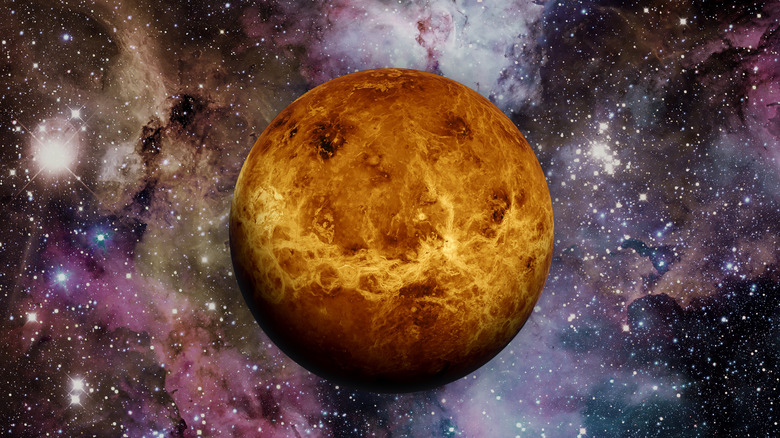
This Might Happen To Your Body If You Land On Venus
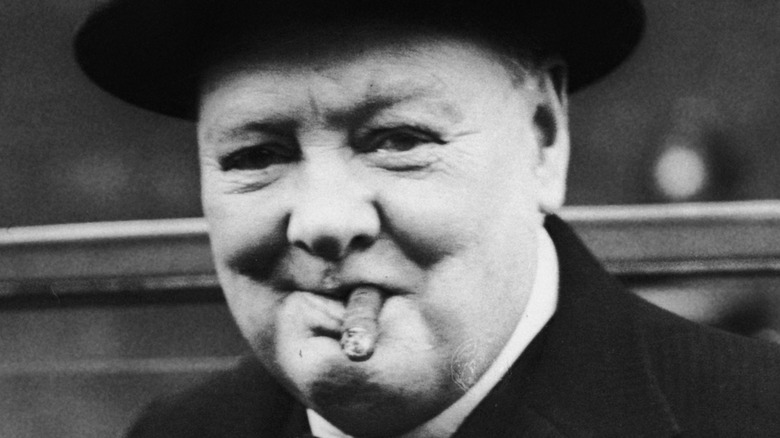
The Famous Socialite Winston Churchill May Have Had An Affair With
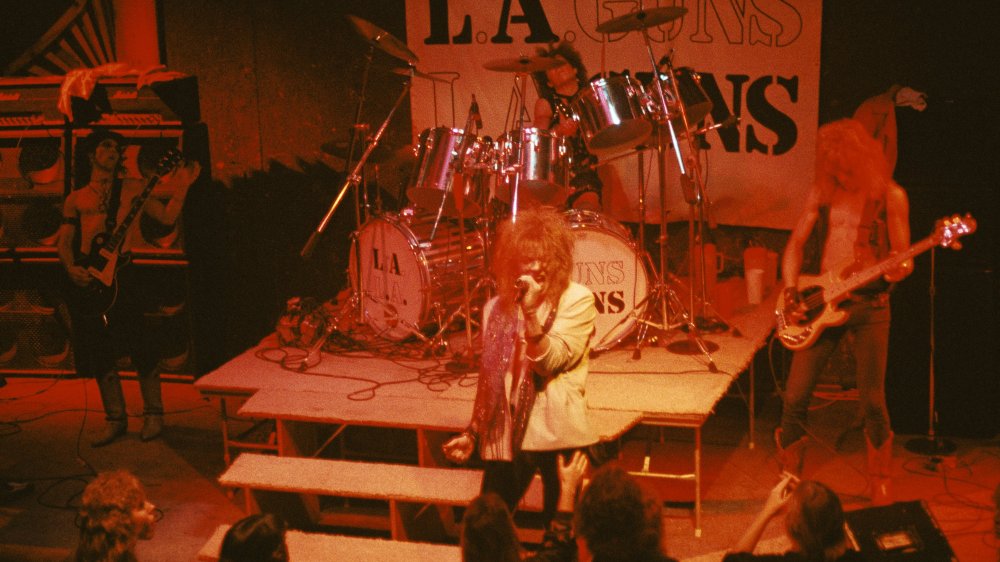
The Real Reason Guns N' Roses' Original Drummer Left The Band
